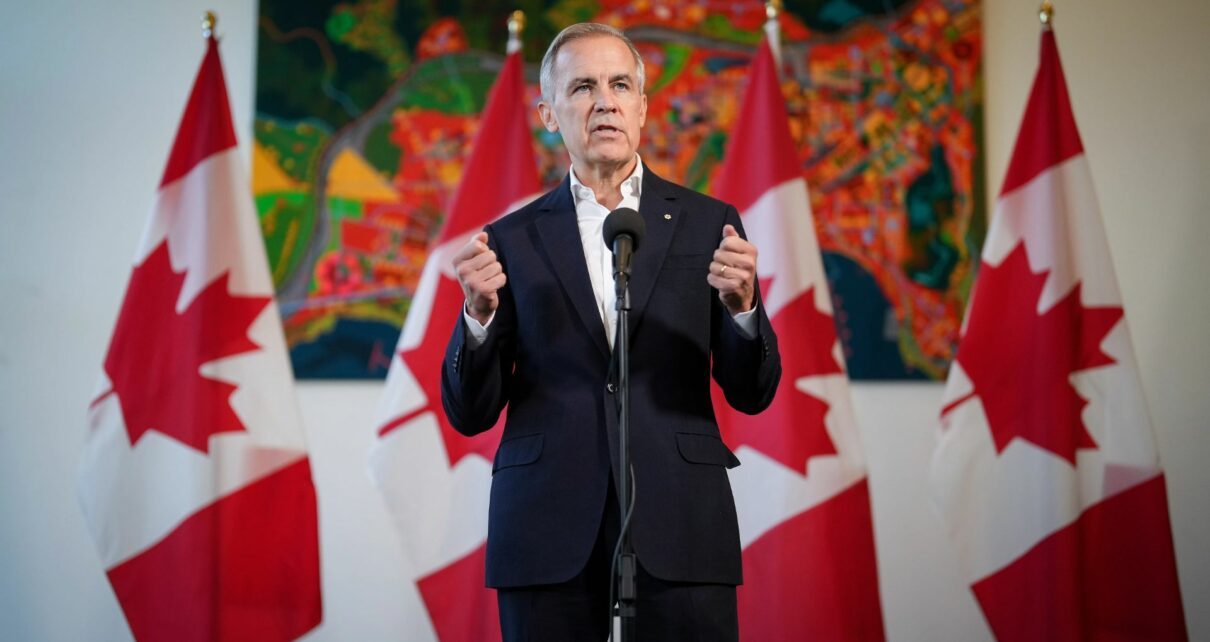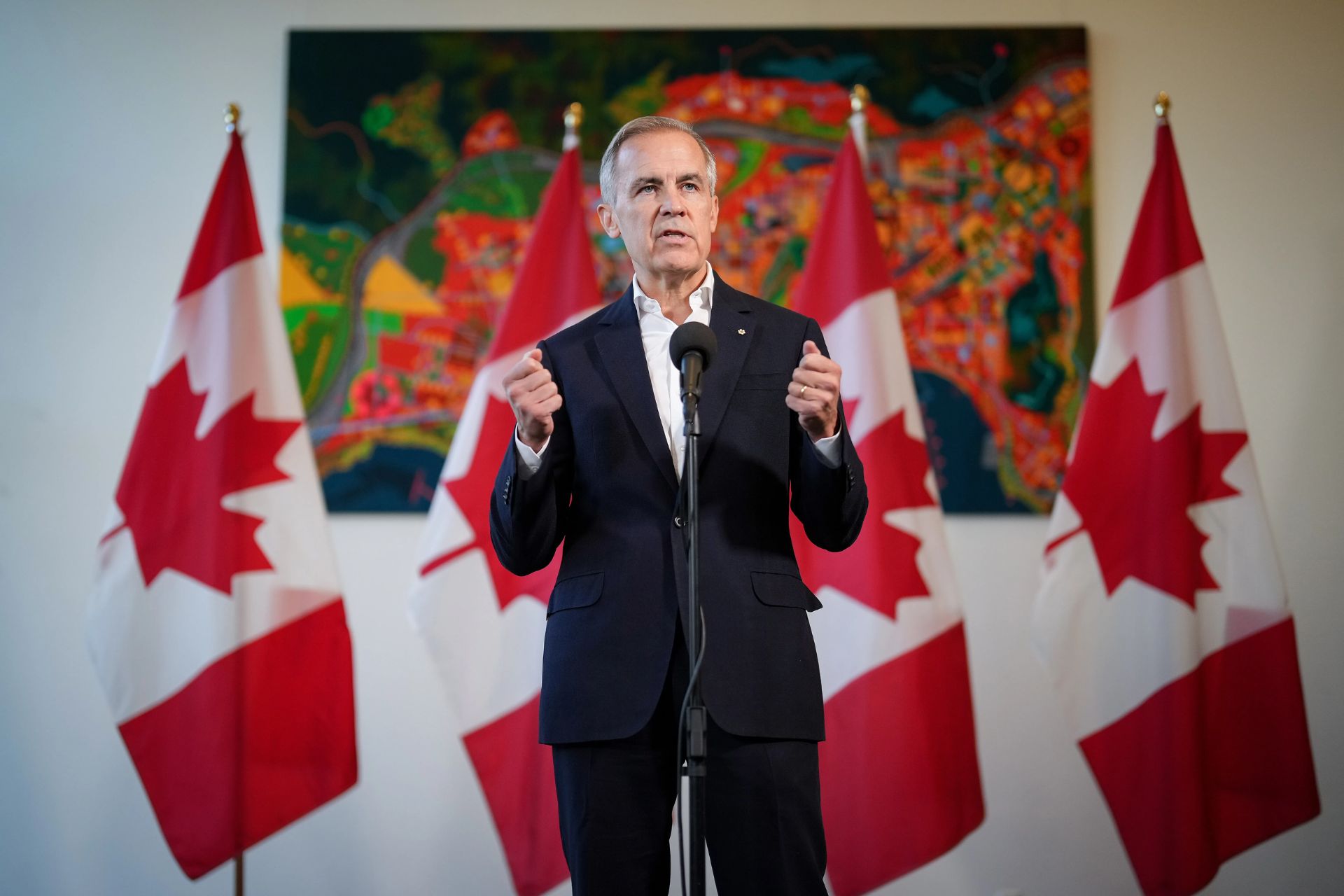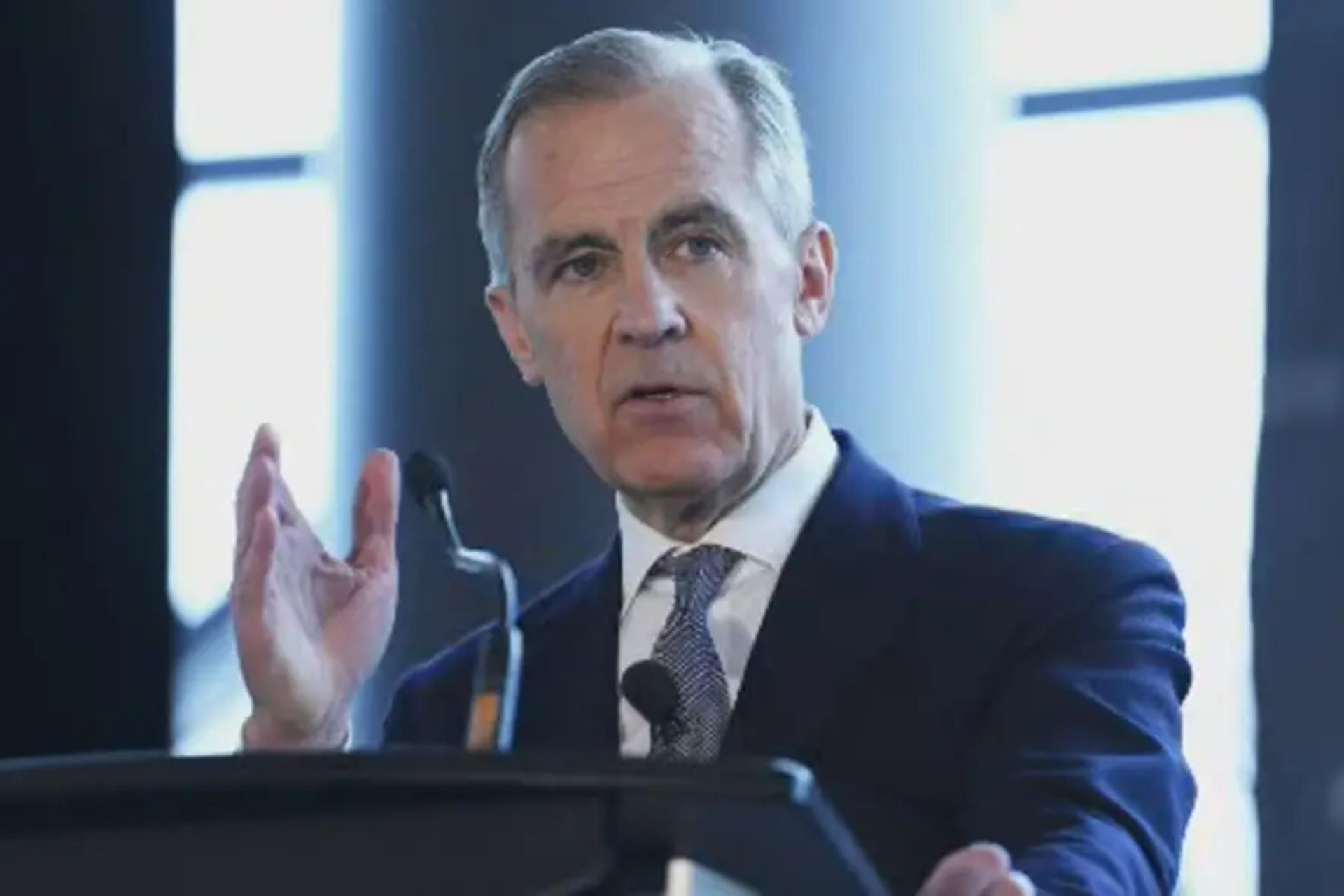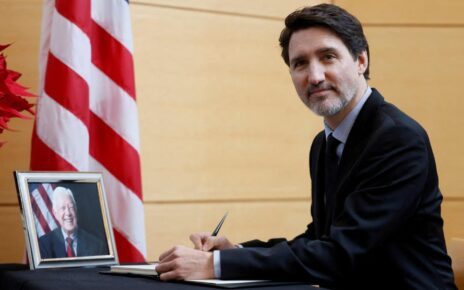Image Name: Mark Carney
Image Credit: Global News
Former Bank of England governor Mark Carney is ready to become a politician. The celebrated Canadian economist, who has steered central bank policies during trying times, just recently dropped a bombshell hinting at an electoral ambition. What kind of prospects does the career change mean for him, why might he make this move, and what does it portend for the future of Canadian political leadership?
Carney from central banks to politics
He is, however, popularly remembered for his stint at Canada and England’s central banks, where he developed a rather fantastic career in finance. His period of monetary policy management and tide over the financial crisis of 2008 made him famous across the globe. Today, it appears Mark Carney is planning to aim at yet another role, though heard much differently: elected office. Carney, he says, has confirmed that he is “taking steps” toward an electoral run, though he has yet to officially declare.
For somebody of his experience in economic policy making, a political shift seems like an almost natural step. Carney has long been vocal on issues like climate change and fiscal responsibility as well as economic inequality. These might suggest the kinds of policies he would drive forward as a politician.
Carney’s Political Timing
Maybe it is this timing that is fueling interest in a potential foray into politics by Carney. The Canadian political landscape stands at the moment of utmost turmoil and uncertainty, with questions hanging in the air as far as the issue of leadership and direction in the major parties go. For instance, Justin Trudeau’s Liberal Party is suffering from declining support at its highest level, while the Conservative Party is on the upsurge under Pierre Poilievre.
But politics appears an obvious consideration for Carney in light of the Liberal Party’s search for that charismatic figure to breathe new life into its base. His experience in finance and around the world may make him an exceptional candidate who can speak to both progressive and center voters. Carney’s experience in crisis management—whether economic or environmental—may be his key advantage in the next phase of Canada’s political discourse.
Possible Platforms
If Carney were to run for office, he would probably concentrate on the economy and climate change issues as central issues on which to base a campaign. As a former central banker, he knows well the technicalities of financial systems and has already been a powerful proponent of sustainable finance and green policies. He has talked forcefully about needing business and governmental shifts toward greener economies and may support policies that promote environmental responsibility.
Economic reform would likely be another pillar of his political agenda. Rising inflation and economic uncertainty across Canada could make his fiscal management experience more appealing to voters eager for stability. Besides, there would be reduction in economic inequality, much more popular among the increasing call for social justice and proper wealth dispersion.
Image Name: Charting a New Course in Politics
Image Credit: Global News
Navigating the Political Landscape
Great credentials; greater challenges, perhaps. Carney comes into office with a strong finance background, but crossing over from the world of finance to the world of politics can indeed be an uphill battle. While technical skills are important, voters want someone who can connect and negotiate within the party. In this populist, highly polarized environment, Carney will need to steep himself in electoral politics.
Another concern is that Carney’s globalist credentials—working in both the UK and Canada—could cut either way. While giving him a more international profile, some voters might question his commitment to ‘Canadian’ issues. Experience outside government, particularly in the banking sector, would make him an easy target for critics who share the public perception of his being associated with the financial elite.
What will Carney’s candidature mean for Canada?
An entry for a potential Carney candidacy could signal a real right turn in the direction Canadian politics is headed-or at least in the Liberal Party. He will infuse fresh air into the party by appealing to those voters who are looking for some new light. His stellar knowledge of economics may also counter much of the current mythology told by conservatives around Pierre Poilievre’s fiscal responsibility.
Climate change and the environment could also give Carney a difference in his candidacy because these have been issues increasingly at the center of world’s attention. Advocating for sustainability and carrying experience with green finance would, in an age where climate issues top the global agenda, appeal significantly to the younger voter or even one in a nation growing increasingly interested in what Canada is doing and should be doing in the war against climate change.
Public Reception
Generally, reception to the political hints from Carney has been positive with most considering him a welcome addition to the politics arena due to his knowledge in economics matters. His reputation for thoughtful and pragmatic leadership as well as his demonstrated deep knowledge of global finance give much credibility to his potential candidacy.
Yet not everyone agrees with the positive assessment. Several political analysts look at Carney as if he lacked one thing: party politics experience. And he was certainly deficient in experience with the often brutal nature of election campaigns, where heroes can turn overnight into villains, in which black is white, and white is black. Others wonder whether he will be able to reach out to ordinary Canadians after such a long tenure at the top rungs of financial circles.
Conclusion
While Mark Carney hasn’t taken a formal step yet, recent comments lend him a very strong impression of seriously considering an electoral stint. His credentials are impressive if he decides to enter the fray: experience in global finance, focused attention on climate change, and considerable achievements to his credit. An uncertain future awaits Canada, both economically and politically; Carney’s stability and forward-looking leadership would therefore be a welcome antidote. However, his success will depend on how well he can adapt to the demands of political life and connect with the Canadian electorate. For now, though, all eyes are on Carney, taking his first tentative steps toward possibly a significant new chapter in his life.






